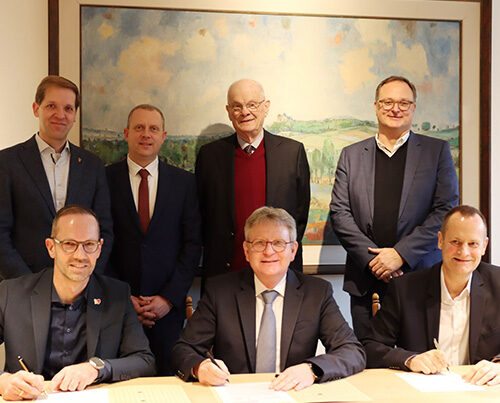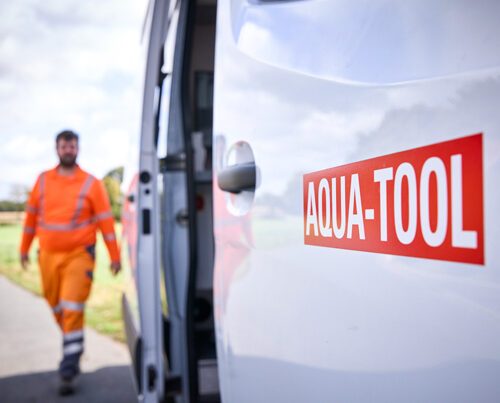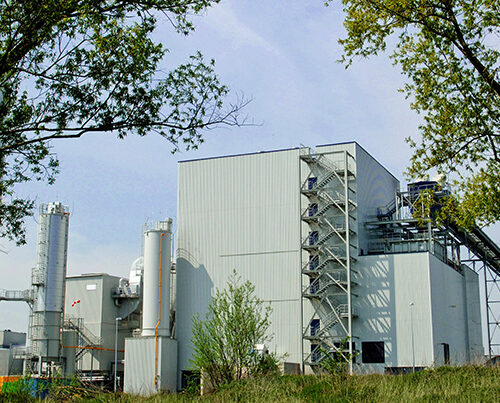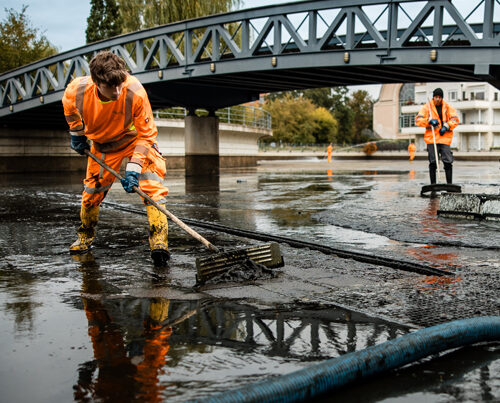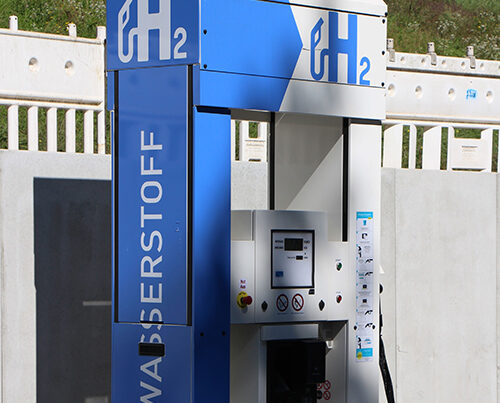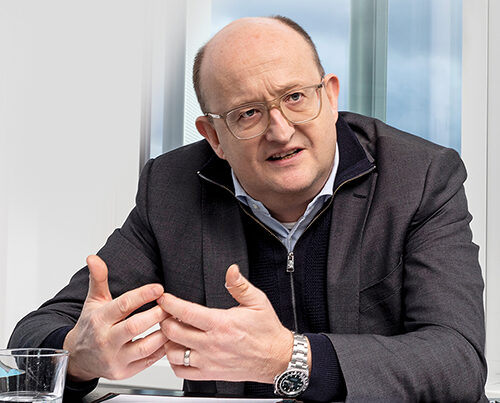DIY can be great fun – giving your bathroom a makeover, for example. But who enjoys filling their car boot with the old tiles and flooring and taking them to their household waste recycling centre (HWRC) on a Friday once the job’s finished? Especially if they have to clean the car afterwards to get rid of all the dust because they’re planning a take their family out for a picnic the next day. And their mood certainly doesn’t get any better if they have to wait in a queue of cars for half an hour at their recycling centre before they can offload their waste. Well aware of this problem, MEG from the German town of Mülheim an der Ruhr has been carrying out a pilot test to provide its local residents with live wait time information. This should help those travelling to the recycling centre to avoid the queues. And, of course, digital solutions, in general, can help to make HWRCs more attractive for local residents.
Which is why MEG Mülheimer Entsorgungsgesellschaft mbH joined forces with regio IT to develop a digital system that can measure and display live wait times at its household waste recycling centre. The wait times have been integrated into MEG’s app and on its website. By displaying this information, people should be able to better plan their visit to the centre or reschedule their trip if there’s a long queue – without having to set off first.
The idea of measuring wait times came about in 2022 when the team realised that it was very difficult to predict when there would be long queues at their household waste recycling centre. Despite all the experience they had gathered from working there for so many years, a sudden increase in the number of visitors always came as a surprise – no matter whether it was down to the weather or season. A camera with special software has now been installed at the entrance to the HWRC and is able to measure the volume of traffic and the end of the queue along a defined stretch of road.
The road has been divided up into four sections, each one with a wait time of approximately 5, 10, 20 or 30 minutes respectively. The only data that the camera picks up is the positions of the waiting cars. It then passes on this information to MEG’s app and website every two minutes. During this trial phase, the number of waiting cars has been converted into wait times: providing regular, up-to-date info which local residents can then use to estimate how long they may have to stand in the queue.
MEG’s new system is certainly proving to be a success: having trialled it for a year now, there are clearly fewer days with long wait times. Looking back at the last twelve months, the team in Mülheim definitely approves of the live wait time system together with the other measures that have been introduced.
The digital HWRC
Besides displaying wait times, there are other digital offerings that can be used to make household waste recycling centres more attractive for visitors. In the town of Coesfeld, for example, local residents are offered self-service options that enable them to access a different section of their recycling centre, also outside its normal opening hours. Monitoring visitors to the recycling centre using an app also helps to ensure recyclables are handed over correctly. And Coesfeld also offers digital payment methods to help simplify the whole process.
All in all, digitisation is making it easier for household waste recycling centres to adjust their operations to meet the needs of their visitors without the employees being landed with more work. At the end of the day, the recycling sector is well aware of the fact – and has been for a long while now – that household waste recycling centres must be made more accessible for local residents. This is the only way to improve the unsatisfactory collection rates of material streams such as organic waste and e-waste.
About MEG
MEG Mülheimer Entsorgungsgesellschaft mbH has been part of Mülheim for over 20 years now. MEG is a joint venture between the City of Mülheim an der Ruhr (51%) and REMONDIS Kommunale Dienste West GmbH (49%). The company employs 240 people and operates in a number of fields of business on behalf of the city – providing, for example, waste collection services and waste management advice as well as road cleaning and winter services. Besides its public sector duties, it also offers skip services, full waste management solutions and many other waste management services for private individuals, industrial firms and commercial businesses.
Image credits: image 1: REMONDIS, Freepik: zlatko_plamenov; image 2: REMONDIS







